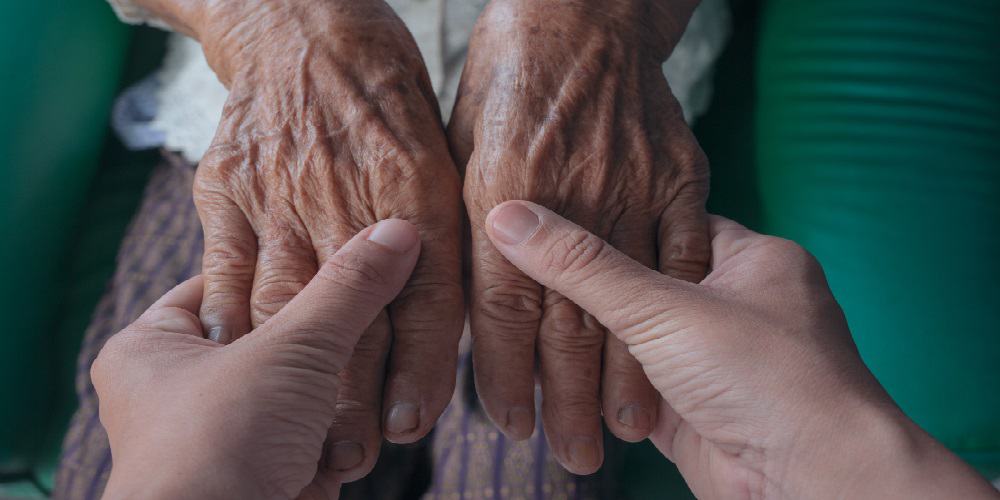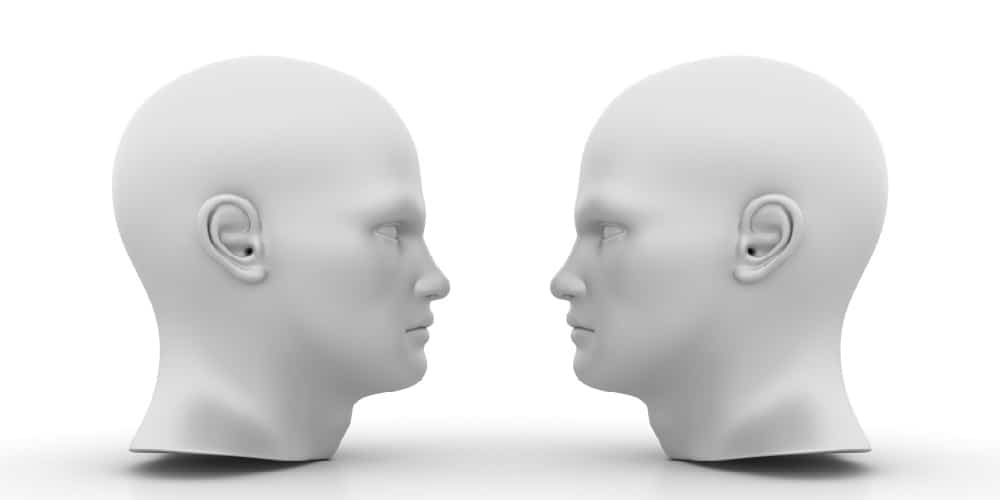Community Support Worker Tools
Our Community Support Worker Tools Courses
These courses are designed to provide specialist tools and skills for those who work in the community and healthcare sectors, from management to frontline roles.
Built around key concepts such as person-centred care, self-determination, and strengths-based practice, the training helps develop best-practice skills and explores emerging issues.
Who are these courses for?
Reflective practice is the habit of deliberatively analysing our experiences in order to improve and develop. This course for supervisors explores the nature and benefits of reflective supervision and teaches participants a suite of practical skills.
Reflective Practice is the habit of deliberatively and actively analysing our experiences in order to improve and develop. This course explores the nature and benefits of reflective practice and teaches a suite of skills that can be applied in the workplace.
A majority of Australians experience some form of depression at some time in their lives. This practical course focuses on evidence-based information about what works for managing and recovering from depression and provides a suite of tools for participants to use.
Traumatic events often have a second wave of impact on the professionals who support the direct survivors, resulting in the “ripple effect” of vicarious trauma. This course explores the impacts of vicarious trauma on professionals and how we can prepare for and recover from it.
Self-harm involves the deliberate causing of pain or injury to oneself, usually as an extreme way of trying to cope with distressing or painful feelings. This evidence-driven course demystifies self-harming behaviours and explores the diverse forms self-harm can take.
Psychotic disorders include schizophrenia, bipolar disorder and drug-induced psychosis. This course is designed to help mental health workers and others who have contact with people experiencing these disorders and teaches practical ways to provide support.
Dissociation is a mental process where a person disconnects from their thoughts, feelings, memories or sense of identity. This course explores the nature of dissociative illnesses and provides a stigma-free overview of causes, symptoms and treatments.
The experience of trauma can have an effect throughout a person’s lifetime, influencing the way they think, work, form relationships and make choices. Gain a better understanding of the trauma experience and be equipped to provide more appropriate and empathetic services.
With the struggle of post-traumatic stress also comes the potential for post-traumatic growth. Grounded in research and solidly evidence-driven, this course explores the potential for leveraging positive transformation in the final stages of trauma recovery.
A suicide prevention plan is a powerful prevention tool containing personalised strategies for a suicidal person to draw upon, even when alone. This important course provides the skills and resources to create an effective and personally meaningful plan to help save vulnerable lives.
This lifesaving course is all about what ordinary people can do to reduce the risk of suicide among colleagues and the wider community. It explores preventative measures, how to talk about suicide, intervention skills and how to get help.
Designed for anyone working in human services, community or caring professions, this course provides insight and practical skills for working with people who face issues with substance use, focusing on the crucial areas of habit, addiction and behaviour change.
Strengths-based practice focuses on building a person’s strengths and aptitudes, rather than working on their problems. This course develops strengths-based practitioners’ skills, as well as providing foundation knowledge for those new to this approach.
Solution-focused therapy is a practical, outcome-oriented approach to counselling, which can achieve short-term resolution of a range of problems and issues. This course is suitable for professionals from diverse health, community and education settings.
Drawing on years of research and providing evidence-based tools, this course helps participants understand the complex forms of domestic violence, recognise the signs and empowers them with the skills and resources to offer support.
Effective professional relationships require boundaries to protect both clients and workers. This course looks at boundary frameworks and explores how to create positive, effective relationships within appropriate legal and ethical parameters.
A powerful but easy to learn technique, mindfulness is clinically proven to promote balance and wellbeing while helping with a wide range of mental health disorders. This course provides participants with the foundations for establishing a daily mindfulness practice.
Mental health symptoms and best practice responses vary with age, and age-related cognitive changes also impact mental health. Gain an understanding of the mental health issues facing older people in order to respond effectively to the needs of clients and loved ones.
Like many aspects of our lives the experience of trauma can be passed between generations. Explore the particular effects of intergenerational trauma and how it presents in people’s lives to assist in providing more appropriate and empathetic services.
Person-centred care is about responding to individual needs and preferences when providing health and community services. This course shows how to provide individualised services, while balancing considerations such as duty of care and organisational requirements.
Advocacy is a communication-driven form of changemaking. This course will provide you with the skills, tools and knowledge to have a real impact when advocating for yourself or another individual.
Personality disorders are one of the most misunderstood and stigmatised mental health conditions. This practical and accessible course is designed to sort the myths from the facts and empower better service provision.
Self-regulation of emotions is a constant process that governs our responses to our experiences and environment. This course introduces a set of tools and strategies for modulating responses and managing mood, which can be used personally or with clients.
Identifying and responding appropriately to mental health issues can often be complex when a person also has other disabilities. Learn how mental health and other disabilities interact and acquire the skills needed to identify and support clients with a dual diagnosis.
Over half of people with a serious mental illness are known to misuse substances, while 84% of substance misusers have some sort of mental health disorder. This course explores the complex interrelationship between mental health and substance use.
Part of ensuring human dignity is accepting the right of each person to take risks and make choices. This course explores how we can ensure that legal and safety requirements are met while maximising an individual’s self-determination and freedom.
DBT treatment is a powerful cognitive-behavioural approach, which helps people integrate the seemingly opposite strategies of acceptance and change. This course introduces the concepts behind DBT and provides a suite of practical tools for personal or client use.
Client records and progress notes are key tools in recording client progress, demonstrating duty of care and informing decision making. This practical course will help participants improve their documentation, making records more effective, relevant and efficient.
Coercive control is a pattern of behaviour such as assault, threats and humiliation used to harm, punish, or frighten a victim. This insightful course explores the nature of coercive control and gaslighting and empowers participants to recognise and ultimately combat them.
A collaboratively-developed, person-centred action plan can be the cornerstone of many community services. This course is designed to help staff develop their skills in service planning and create more effective and personalised documents for each client.
Based on the social model of disability, and taking a strengths-based perspective, this course explores neurodivergence simply as a type of human variation and looks at ways we can better understand and support neurodivergent clients and stakeholders.
Showing all 31 results
•Government •Community •Healthcare •Commercial •Education
Innovative professional development and community education training services
Looking for something else?
Search our entire training catalogue to find what you need.






























